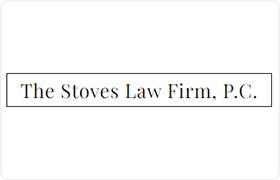Harvest Misdemeanor Lawyer, Alabama
Sponsored Law Firm
-
 x
x

Click For More Info:
-
The Stoves Law Firm, P.C.
9 Office Park Cir Suite 105 Birmingham, AL 35223» view mapCriminal Defense Legal Expertise You Can Rely On
The Stoves Law Firm, P.C. provides outstanding Criminal Defense and Litigation services to individuals and businesses throughout the State of Alabama.
800-818-9390
Not enough matches for Harvest Misdemeanor lawyer.
Below are all Harvest Criminal lawyers.
Shannon Matthew Moore
✓ VERIFIEDEstate Planning, Divorce, Personal Injury, Criminal, Mass Torts
We are dedicated to maximizing results for our clients!
Shannon Moore was born in Huntsville, Alabama. He is a graduate of Grissom High School and he received his undergraduate degree from the University of... (more)
FREE CONSULTATION
CONTACTFREE CONSULTATION
CONTACTJohn Garland Butler
Health Care Other, Estate, Criminal, Civil Rights
Status: In Good Standing Licensed: 42 Years
Frank Stephen Ward
Wills & Probate, Misdemeanor, DUI-DWI, Criminal
Status: In Good Standing Licensed: 18 Years
Rebecca Henderson Lee
Wrongful Termination, Misdemeanor, Criminal
Status: In Good Standing Licensed: 16 Years
 Jay Stoves Birmingham, AL
Jay Stoves Birmingham, AL Practice AreasExpertise
Practice AreasExpertise

